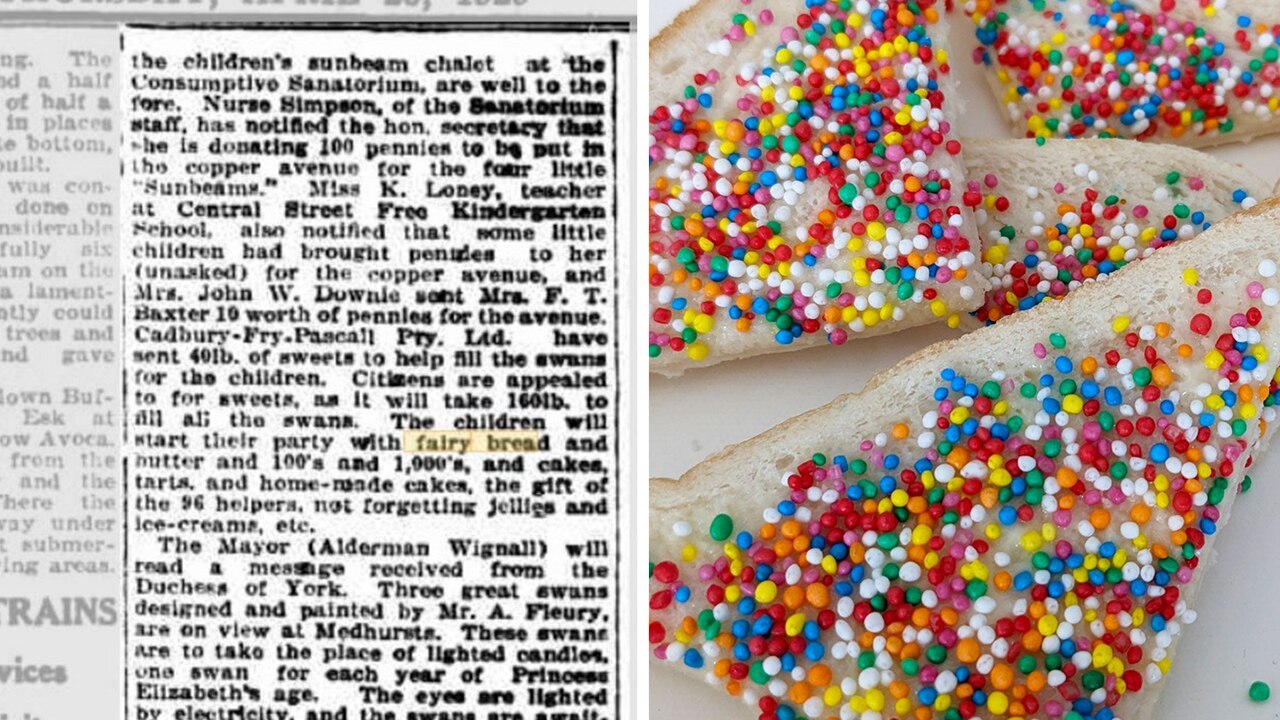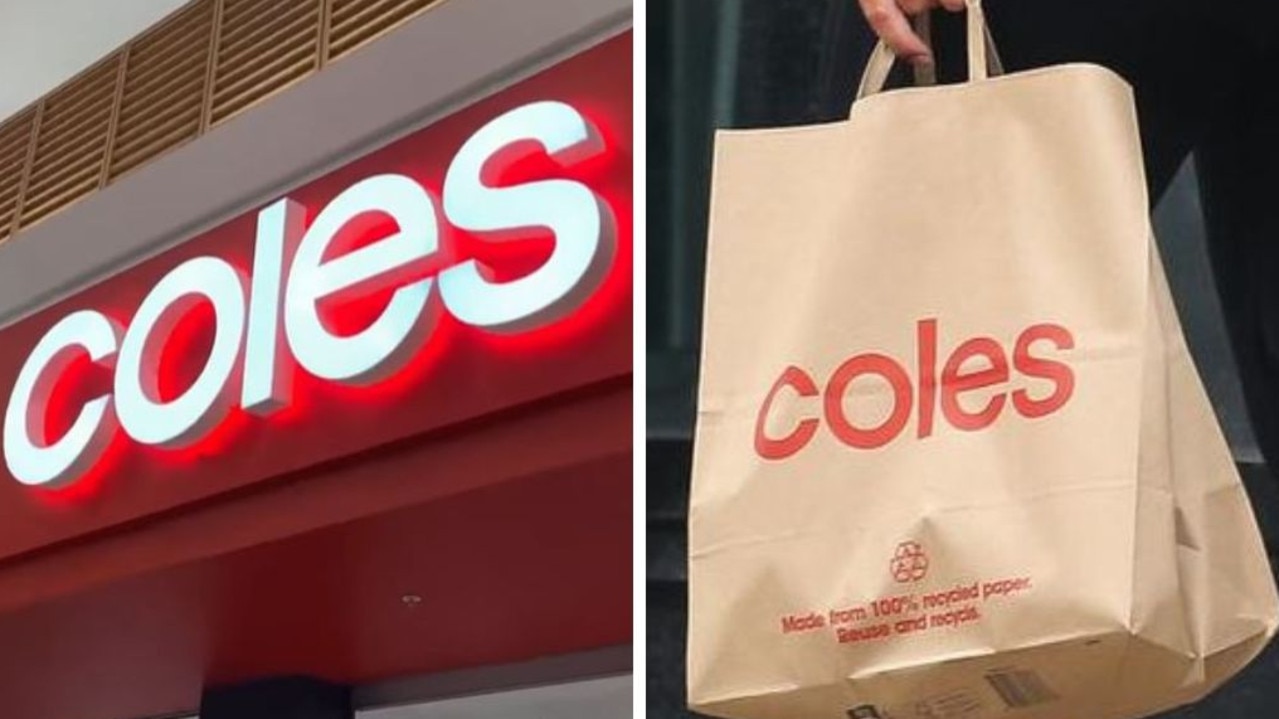Why Aldi and Kmart are costing Aussies money
We all love to snag a bargain, but there’s a wild reason Aussies aren’t saving money at places like Aldi and Kmart.

Food
Don't miss out on the headlines from Food. Followed categories will be added to My News.
It is 7am on a Wednesday and you’re an adult with interests, hobbies, and people who love you, but it doesn’t matter how full your life is – you’re still lining up outside Aldi because there’s something for sale in the middle section that you’re itching to get your hands on.
Maybe it’s cheap ski wear, a tiny compact heater that almost resembles a fireplace or pots and pans that look like those expensive ones you saw at David Jones.
Is it something you need? Absolutely not.
Is it something you want? Yes, you get jittery with excitement just thinking about it.
Psychologist Sandy Rea explains that the reason Aussies love bargains so much is because “it is an emotional transaction when you buy something”.
The problem?
Well, we don’t do our best frugal thinking when we let our emotions come into it.
A bargain can give us such a high that we feel like we have the budget of Gina Rinehart, when really we have the budget of Melissa Caddick.... after she lost all that money.
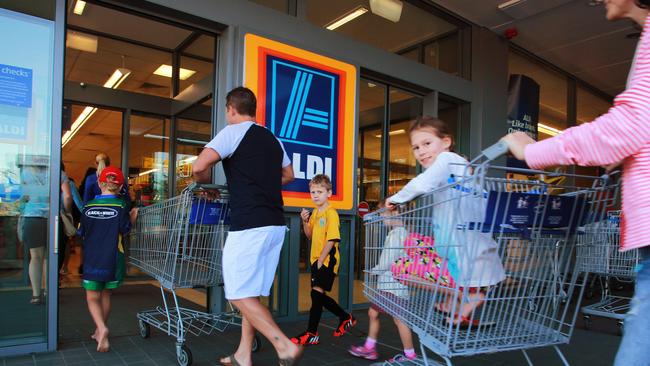
We all know the cost of living crisis is getting more and more painful. Inflation has moved past 7 per cent, RBA rates are at 4.10 per cent, and the rental crisis is simmering away but heading towards boiling point.
Aussies are desperate to feel financial relief, yet plenty of us still can’t stop bargain hunting. But are we actually saving money shopping this way?
Dr Rea says Aussies are more likely to spend at the moment because nabbing a bargain can help us forget about our financial woes.
“The heaviness is relieved momentarily by this dopamine hit, but then once that wears off, bargain regret can set in and you think ‘why the hell did I do that?’,” she tells news.com.au.
So why do cheap thrills excite us so?
“Bargain hunting creates a dopamine rush in consumers as they feel an increased sense of pleasure from the transaction and the immediate thrill of bagging a bargain,” Dr Rea explains.
Dopamine is a chemical released in the brain that makes you feel good, but it isn’t always useful when you need to be pragmatic about your purchases.
Everyone has their poison.
It may be the allure of the flammable pyjamas section at Kmart that excites you. Maybe you’re a traditionalist and enjoy the middle section of Aldi, or perhaps you’re a hunter that likes going between Woolworths and Coles to compare prices and feel the primal thrill of knowing when you’ve snagged the best deal.
Sure, there’s the initial high of purchasing, but afterwards, you can often be met with the burning feeling of regret that even a frappé from the food court at your local Gloria Jeans can’t help wash down.
New research from AAMI has revealed that 96 per cent of Australians have suffered bargain regret.
To put that in perspective, the average Aussie spends up to $4,000 each year on bargain regrets, and the problem is ballooning because of the cost of living crisis.
Almost 9 in 10 Australians are now actively seeking bargains for everyday purchases - up from around 8 in 10 six months ago.
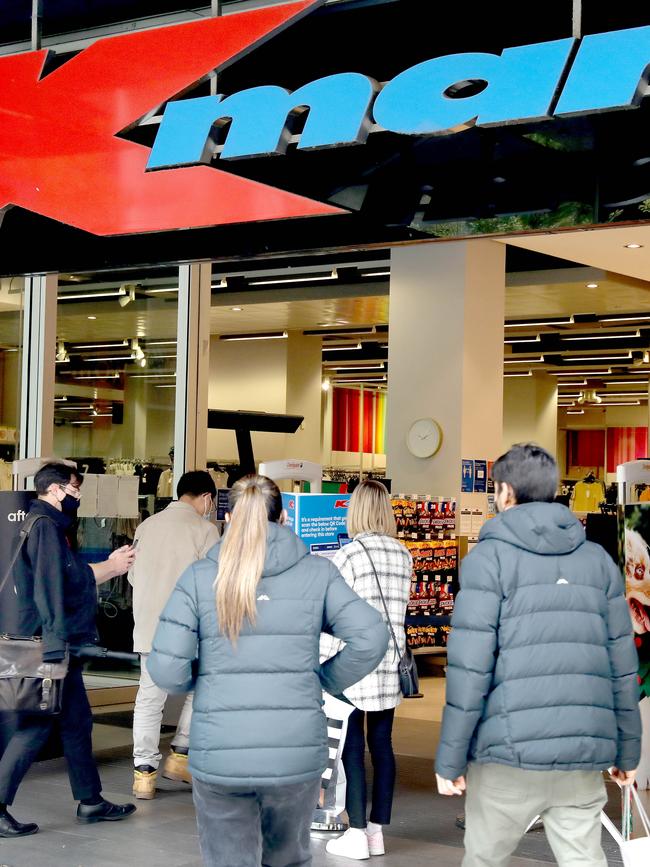
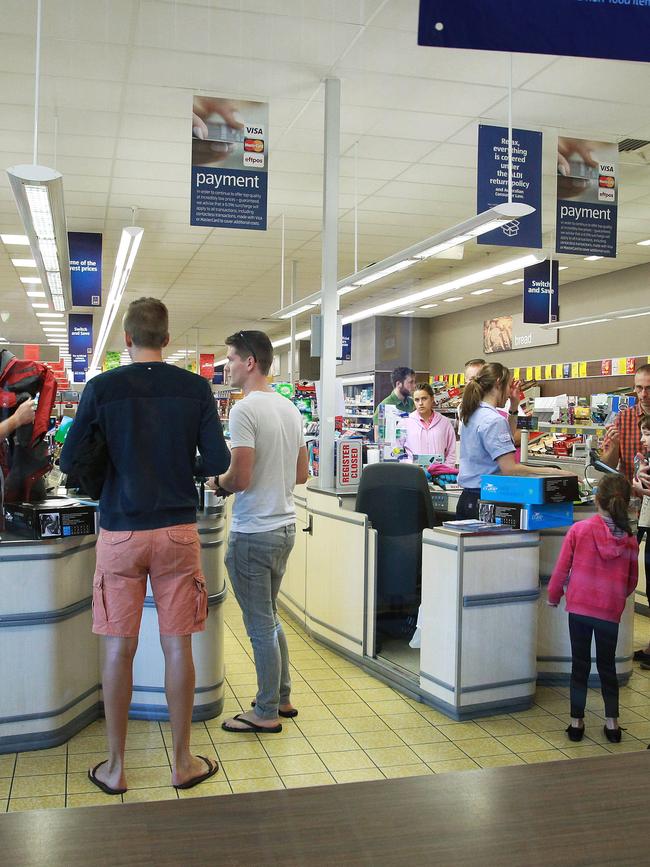
The thrill of saving money can actually cloud someone’s judgment. Traditional money-saving signs like red stickers, a slashed line over a previous number or a neon yellow ticket with SALE plastered on it are enough to stop smart people from making sensible financial decisions.
So yes, that’s why you’ve found yourself lining up in the freezing cold outside Aldi for something you don’t need.

Dr Rea advises that we should start thinking of these signals as “red flags” because “the rush of dopamine can stop people from being able to think rationally, and we get a dopamine hit when we find bargains”.
It can be easy to get caught up in the thrill and not think about what you are actually spending.
“For example, if you see shoes for sale but there’s a deal where the second pair is 50 per cent off, you think that is a great savings! But at the end of the day, you’re paying 50 per cent more than you were planning to spend,” Dr Rea points out.
If you’re someone who regularly seeks out bargains, it can end up not working in your favour at all.
“People can become addicted to the thrill, which is where problems start. Consumers constantly seeking bargains and sometimes purchasing purely on price to achieve that rush paradoxically end up spending far more than they ‘bargained for’ … leading to bargain regret.”
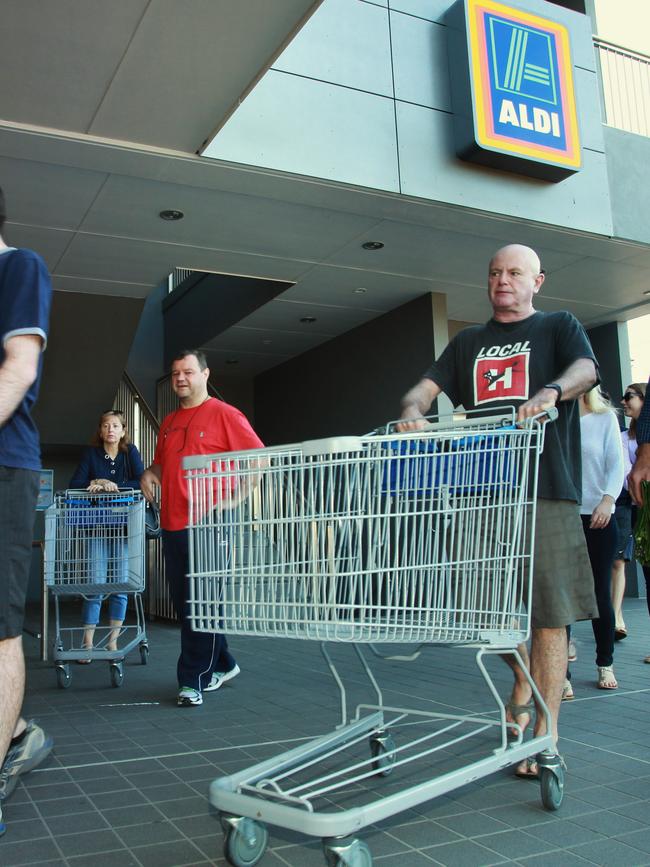
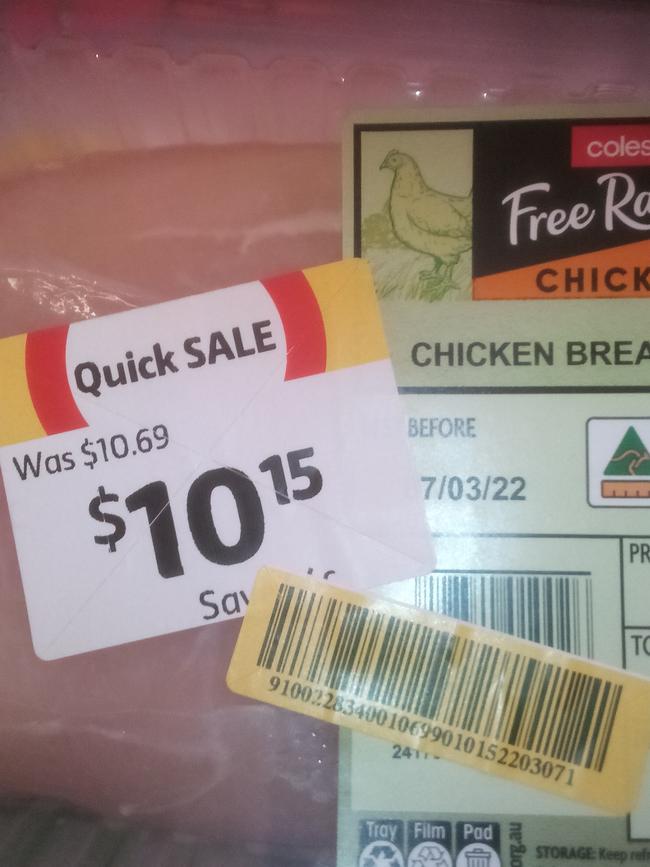
Why do people get addicted to finding the cheapest option to begin with?
“Every time we get a dopamine hit, we want it again, and it reinforces certain behaviours, and the dopamine hit will make you think something is cheaper than it is,” Dr Rea says.
Does that mean all bargains are bad? No, but you should ask yourself some hard questions before you give into the bargain buzz.
“How much money you’ve got? How much debt you’re in? How much money you have left over at the end of the week? And what is the purpose of this item?”
If those answers don’t make you anxious, well, by all means, join the Aldi line.
Originally published as Why Aldi and Kmart are costing Aussies money




